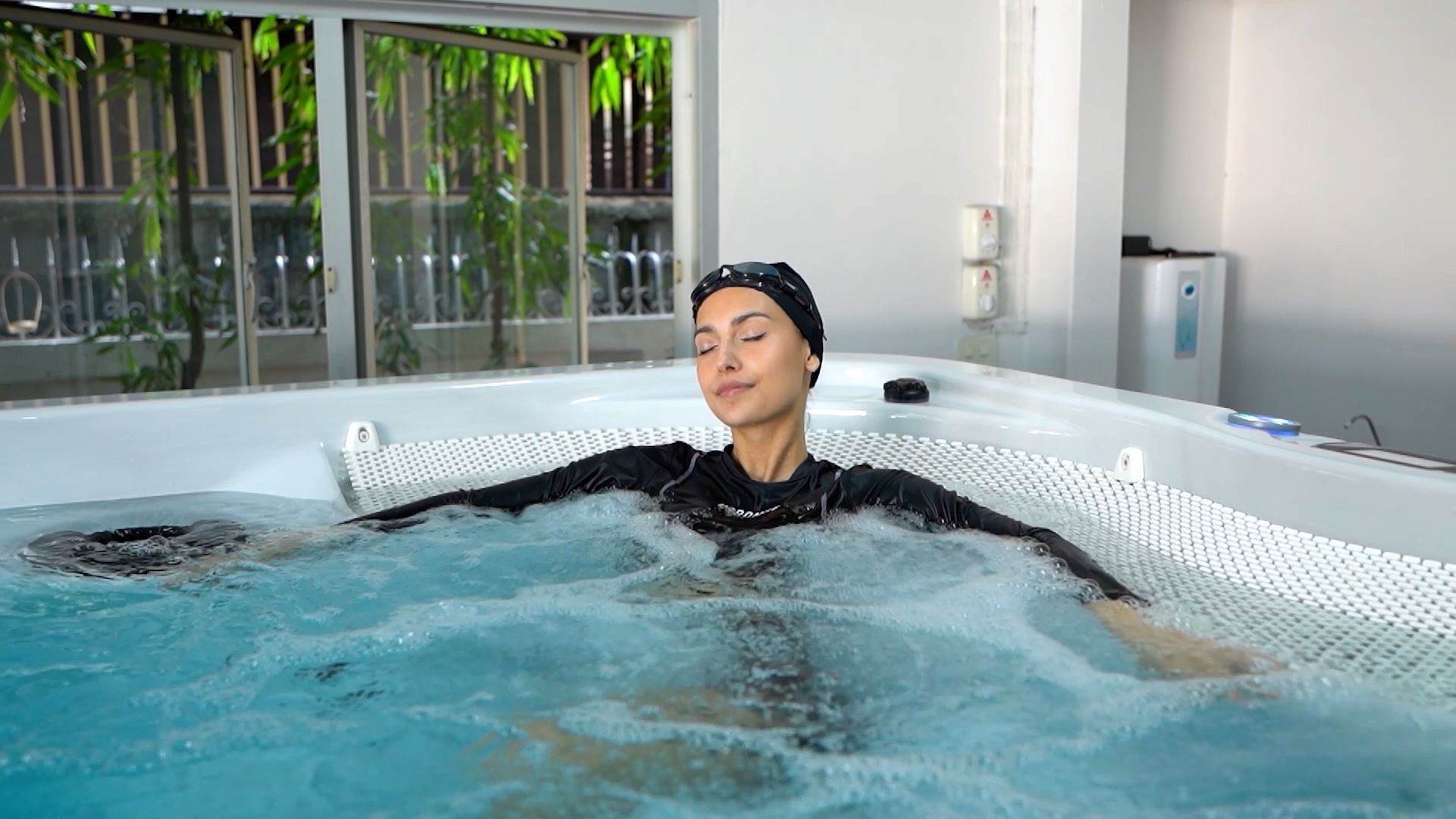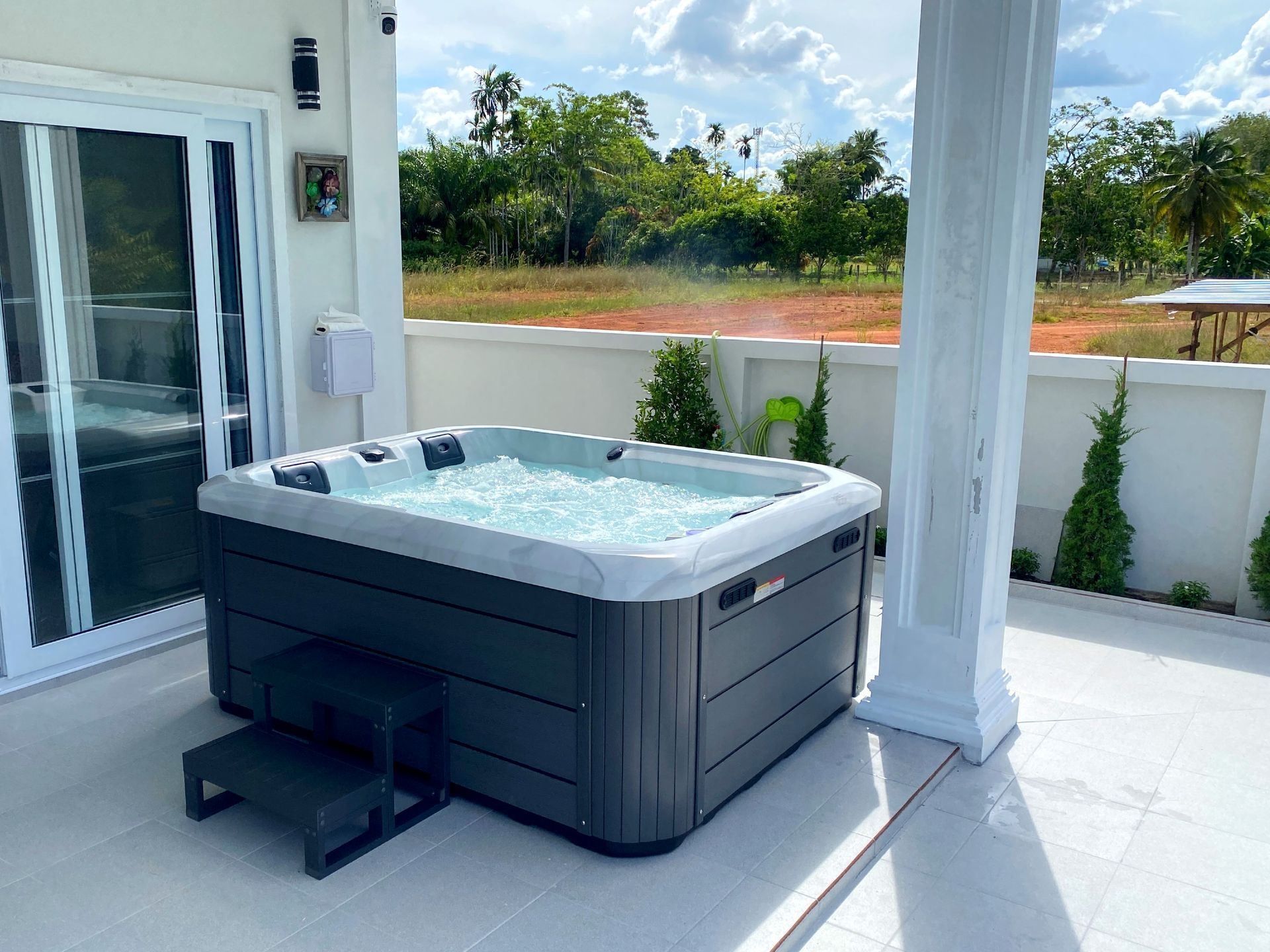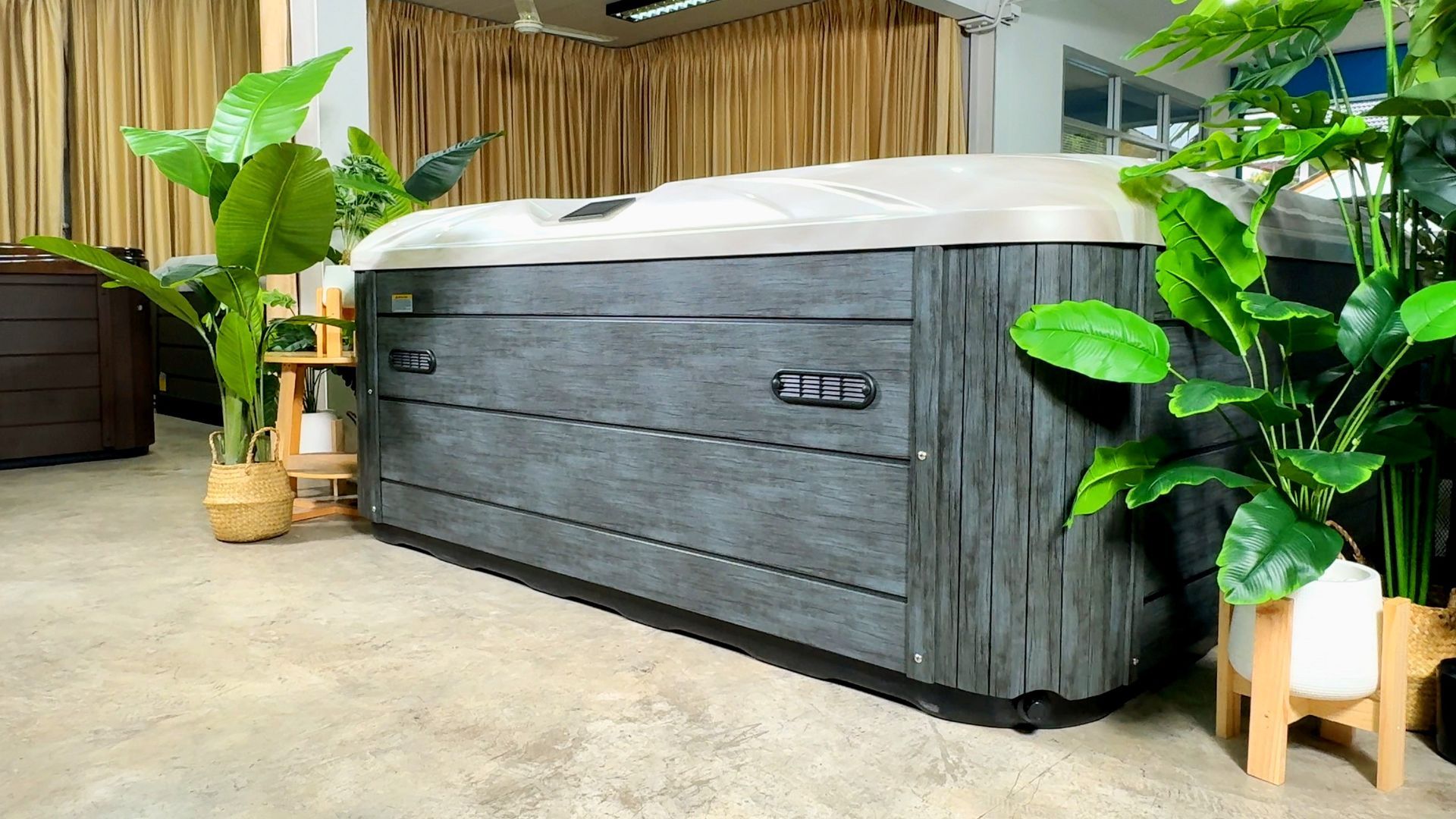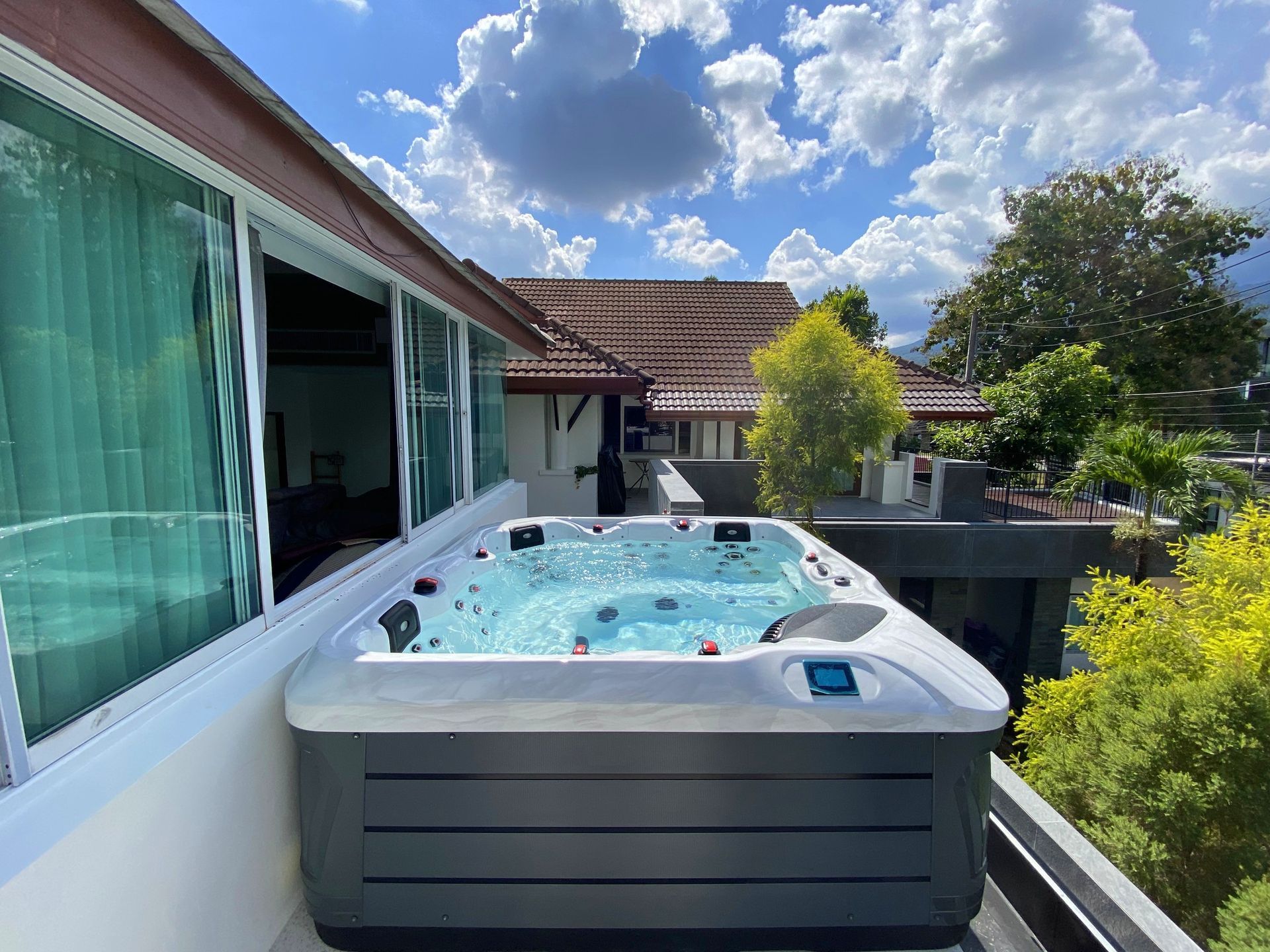Hot Tub Before or After Exercise – Does It Really Work?!
Hot and Cold Water Therapy for Exercise Recovery: What You Need to Know
Common Questions People May Wonder About
- If I like exercising, does soaking in hot water really help? And what are the benefits?
- Should I soak in hot water before or after exercise?
- I don’t exercise often, but when I do, I usually feel sore all over. Can soaking in hot water help relieve that pain?
“Cold First, Hot Later”
The principle is simple: soak in cold water immediately after exercising, then move on to a hot soak afterward.
From a physical (physiological) standpoint, once you’ve stopped exercising for a while—when your heartbeat has returned to normal and sweating has ceased—soaking in hot water can help ease muscle pain and increase your range of motion (ROM) in the joints. This means preventing stiffness in the joints. For people who enjoy exercising regularly or athletes who rely heavily on body movement (such as runners or marathoners), it’s important to plan carefully so that alternating between hot and cold water brings the best benefits.
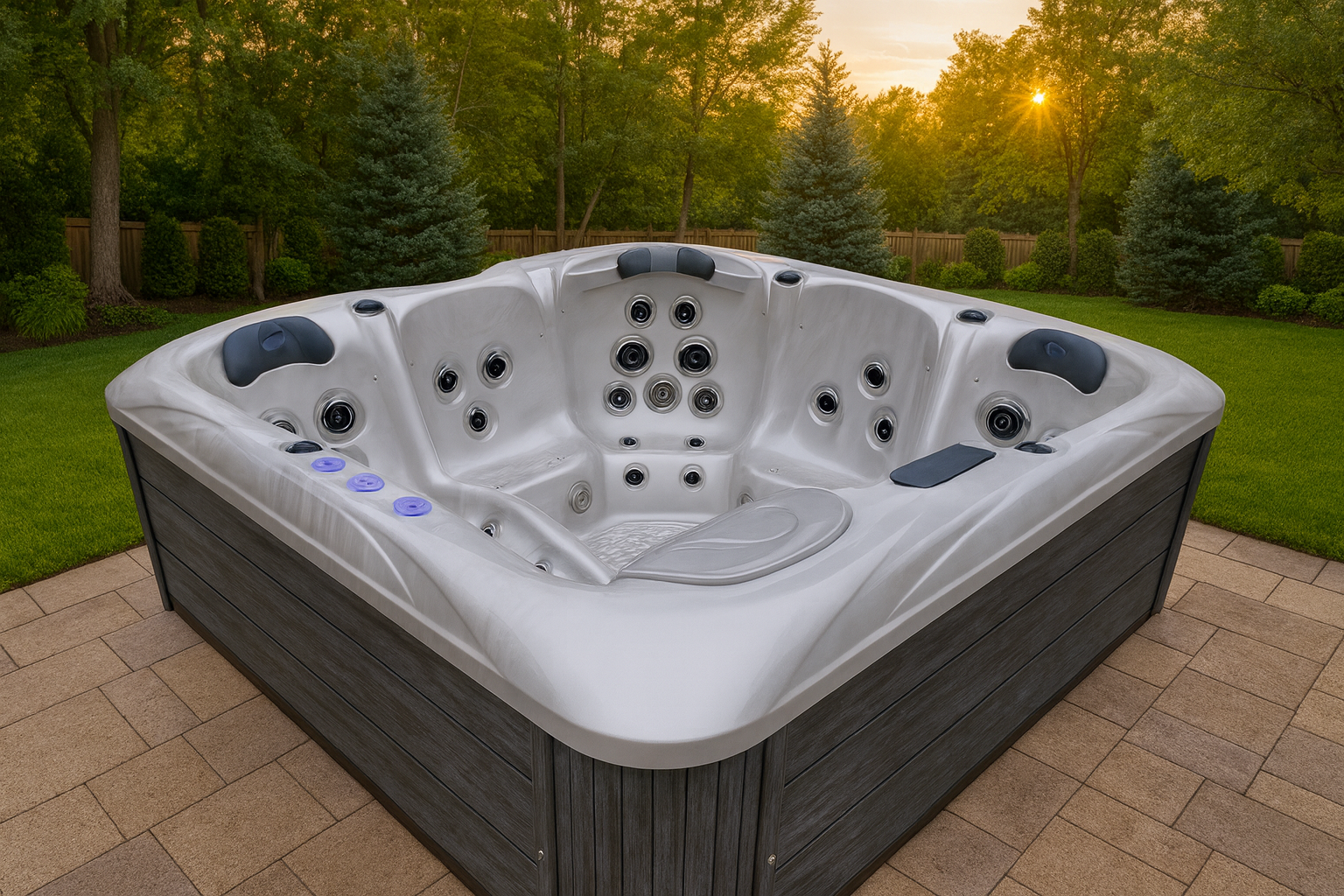
Hot Water Before Exercise
Soaking in hot water before running or doing short workouts can actually help improve performance, especially in cold weather. Warm water enhances blood circulation in the legs, preparing muscles for activity. It’s best to soak until you start sweating and don’t forget to drink plenty of water to prevent dehydration.
Cold Water After Heavy Exercise
For intense exercise involving muscle strain, movement, and exertion, cold water immersion immediately afterward can be very effective. It enhances blood circulation, allowing oxygen to replenish what was lost during exercise.
When exercising, the body burns energy and produces lactic acid. Excess lactic acid causes muscles to function less efficiently, leading to fatigue and exhaustion. Cold-water immersion helps reduce muscle damage and soreness. The cold also stimulates blood circulation throughout the body, almost like refreshing the blood supply, which improves cellular function overall.
Hot Water Before and After Light to Moderate Exercise
For casual exercisers, soaking in hot water before a workout (for about 5–10 minutes) can prepare muscles to work more efficiently. Meanwhile, soaking in hot water after exercise helps ease muscle strain, tendon issues, and supports better blood circulation.
However, the most important thing is always to cool down the body properly before stopping exercise altogether, as part of safe and correct workout practice.
For Athletes After Intense Training
Athletes who train heavily should first recover with cold-water immersion. Once the body has adjusted, moving to hot-water therapy maximizes results. This combination reduces muscle inflammation and, thanks to the improved circulation from the hot water, promotes recovery from injuries.
On top of that, modern hot tubs often include hydrotherapy jets that use air and water pressure to massage the body, offering both physical relief and mental relaxation.
Final Note
If you have other useful suggestions on preventing or reducing injuries—whether through hot water therapy or other methods—feel free to share them as well.



